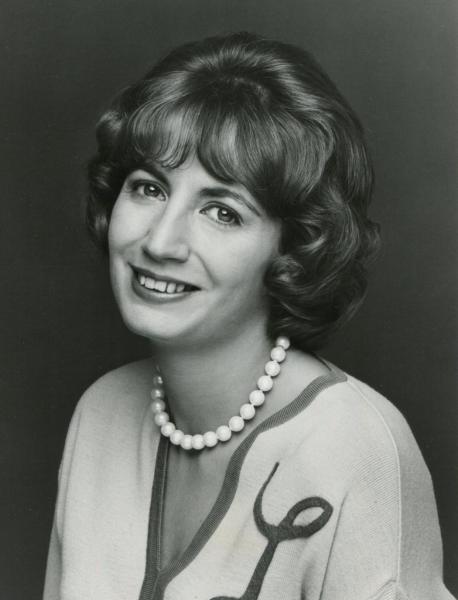News travels fast with the Internet of things and announcements just made like that of the death of Penny Marshall – film director, producer and actress of “Laverne & Shirley” fame – spreads at warp speed. The legacy of laughter and smiling faces she created through her comedic work will be enjoyed across generations. That’s quite an achievement. There is no better way to leave the world than with the gift of hilarious escapes. The ride of life has its twists and turns while such Hollywood productions bring hope and renewal during some of people’s darkest days. What is of particular note, routinely present with the passing of public figures, is the initial social media surprise and shock at word of such a press disclosure.
But, why?
The suspension of disbelief is a powerful thing. Our capacity to empower denial during our greatest challenges helps facilitate our journey through to the brighter days on the other side. We all know that no one has gotten out of this life alive yet, but still there are certain figures who seem all too larger than life who we convince ourselves will cheat death and live forever.
For you, it may be another celebrity, politician or individual in your own life. Whether they are sick or well, the end of life tends to have its own unique story and reaction. There can be sudden deaths of less surprise to us than the final act of an unrelenting terminal disease. How an individual lived and risked might be at play in this mindset.
As a medical doctor who knows better, I can attest that the profession is not immune to this all too common though typically transient willingness to suspend one’s critical faculties to believe the unbelievable. When there is life, there is hope is a continued refrain throughout many aspects of healthcare.
Working in a Cystic Fibrosis Center comes to mind as an example. This disease takes many people at the prime of their lives. It was not uncommon in those at the severe end to see their hospitalizations get longer and longer while the interval between them got shorter and shorter. Maybe it was the vitality of the population who grew up with a challenging illness that compelled such an extraordinary perspective that made them seem invincible. Despite evidence to the contrary, you would always if only for a fleeting moment wonder who would outlive us all.
So, regardless of our universal understanding that everyone dies, it just might be that our capacity to set that aside each day is what allows us to live fully. Without hope, belief in the impossible and the pursuit of our dreams, we can’t move forward from the darker days. Penny Marshall’s work punctuates this reality and impacts us beyond her time here. To the world, we learn gratitude from a life well lived. To her family and loved ones, we wish much peace.




